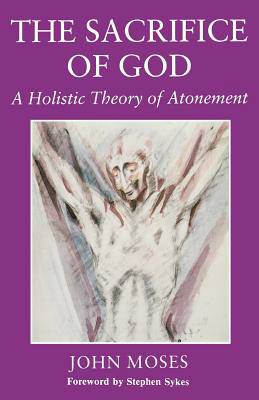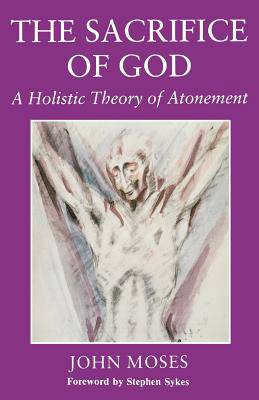
- Afhalen na 1 uur in een winkel met voorraad
- Gratis thuislevering in België vanaf € 30
- Ruim aanbod met 7 miljoen producten
- Afhalen na 1 uur in een winkel met voorraad
- Gratis thuislevering in België vanaf € 30
- Ruim aanbod met 7 miljoen producten
Zoeken
€ 44,45
+ 88 punten
Omschrijving
Is there a world-view that Christian theology can put forward which can be regarded as authentic in our world? Is it possible to give to the cross a place of absolute primacy within such a scheme of things? John Moses offers a restatement of atonement theology which, standing in the mainstream of the Christian tradition, is concerned to explore the meaning of the cross in a world that has a profound sense of the interdependence of all things. Stephen Sykes, Bishop of Ely, writes in his Foreword to this book: `John Moses has done the church a considerable favour by daring to sketch the outline of what he calls a 'holistic theory' of atonement. Holistic thinking is not a big TOE (Theory of Everything), but a new horizon or framework, characterized by patterns of interdependence, elements of necessity and chance, the motif of life and death and life, and the promise of coherence. The book challenges the compartmentalized thinking which allows us to be scientific and modern with one part of our minds and ritualistic and medieval with another. It is a major strength of the presentation that sacrifice is made central to the theory. Thus both mainstream Christian doctrine and eucharistic spirituality are included within the horizons of the theory.'
Specificaties
Betrokkenen
- Auteur(s):
- Uitgeverij:
Inhoud
- Aantal bladzijden:
- 256
- Taal:
- Engels
Eigenschappen
- Productcode (EAN):
- 9781853110566
- Verschijningsdatum:
- 3/09/2012
- Uitvoering:
- Paperback
- Formaat:
- Trade paperback (VS)
- Afmetingen:
- 140 mm x 216 mm
- Gewicht:
- 290 g

Alleen bij Standaard Boekhandel
+ 88 punten op je klantenkaart van Standaard Boekhandel
Beoordelingen
We publiceren alleen reviews die voldoen aan de voorwaarden voor reviews. Bekijk onze voorwaarden voor reviews.











